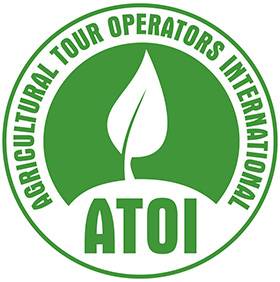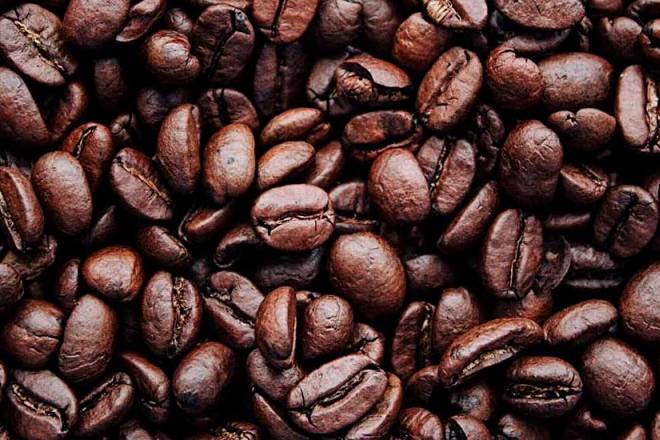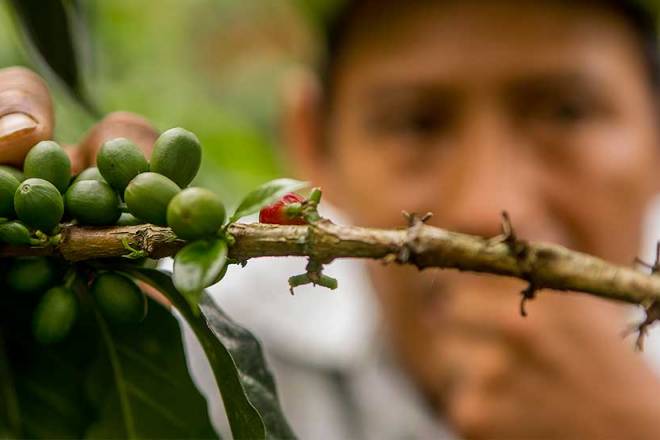Organic Peruvian coffee producers exported more than U$ 215 million in 2020
USA, Germany, Canada, Belgium, Sweden, Italy and England among main destinations, says Minagri.
The Ministry of Agrarian Development and Irrigation (Midagri) reported that thanks to the growing interest in the world for the consumption of natural and healthy products, organised Peruvian small and medium-sized producers managed to export 67,082 tonnes of organic coffee last year, worth more than 215 million dollars.
Peru’s organic coffee enjoys international popularity, due to its quality, excellence and flavours, the result of the care taken by family farming producers and the diversity of soils and climates where it is grown, he said.
As a result, thanks to cooperatives, producers exported, through associations, more than 13,905 tonnes of the bean, with a value of more than 44 million dollars, while cooperatives were able to send 53,177 tonnes, with a value of more than 170 million dollars, he said.


